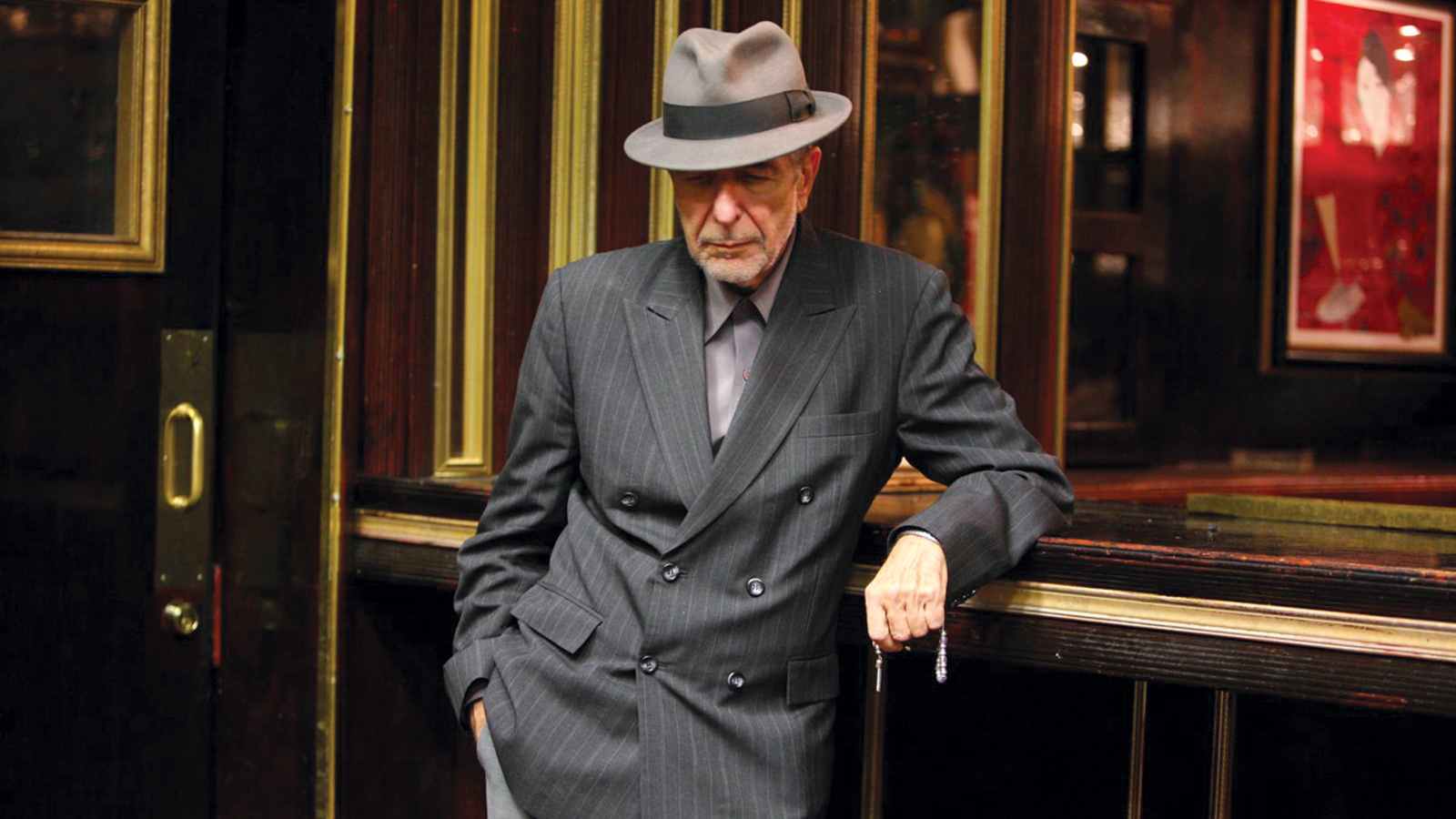Leonard Cohen, a critically acclaimed novelist and poet long before he turned to music, merely transferred his lyrical gifts to the guitar. His songs have been covered more than 2,000 times. He's in the Rock and Roll Hall of Fame. He's one of few 1960s singer-son gwriters still at the top of his game. His spiritually searching lyrics have long attracted attentive Christian listeners. His song "Hallelujah" has been used by almost every earnest worship band at a seeker-friendly church.
But none of that should obscure the central fact of his current existence. Cohen is 77 years old, and nothing else really matters to him.
Old Ideas (Columbia), his first all-new album in eight years, is suffused with the knowledge of mortality and the dread of impending death. For Cohen, these are hardly new concerns, but never before have they been so explicitly and insistently examined and prodded. Raised as a Jew, now a Buddhist monk, Cohen asks the big questions that will resonate with many Christians. They transcend creeds and dogmas because they are universal and human.
Aided and abetted by a quintet of backup singers who sometimes prop him up melodically, Cohen delivers 10 songs of poetic loss and cautious promise. "Amen," a pleading prayer for mercy, yearns for the day when "the victims are singing and the laws of remorse are restored." The lovely, gospel-tinged "Show Me the Place" longs for the place "where the Word became a man." But every song circles back, inevitably, to the specter of approaching demise.
"It's coming for me, darling, no matter where I go," Cohen sings on the haunted country shuffle "Banjo." "Its duty is to harm me; my duty is to know."
Some will struggle with the parched ruin that now passes for Cohen's voice. No matter. Like Johnny Cash's American Recordings, sometimes the ravaged, world-weary voice is the best possible one to communicate deep and abiding questions and truths. If this is to be Cohen's last album, he has graced us with a masterful final word—a rueful, profound, and poetic meditation on love, impending loss, and transcendent hope.
Andy Whitman is a regular contributor to Paste magazine and Image journal.










